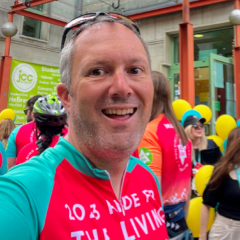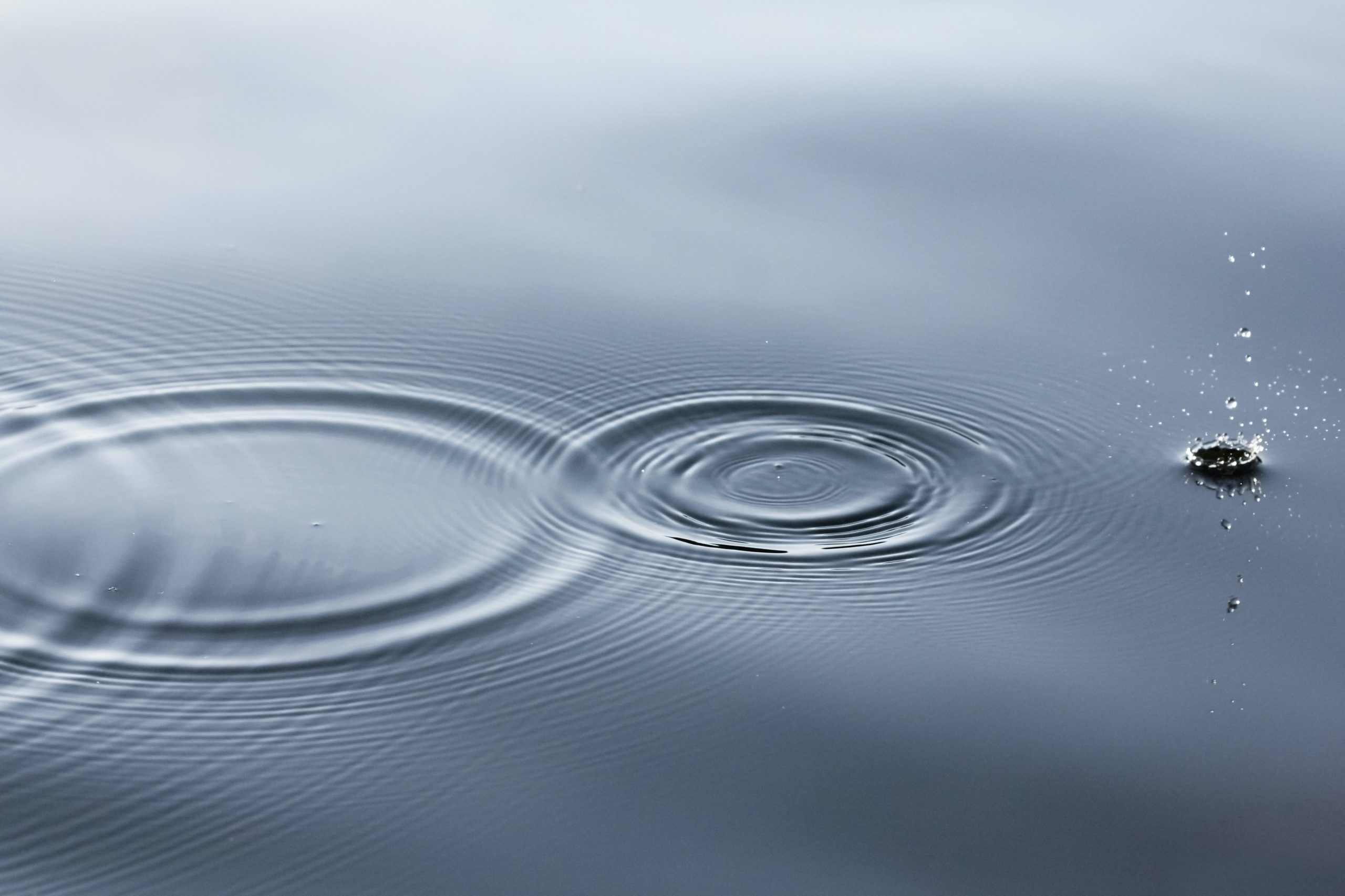23
Aug 2023
Because We Can
Rabbi Harry Pell
If you’d asked me 25 years ago whether I hoped to become a Jewish educator, I would likely have said yes. If you’d asked me, within that, whether I envisioned myself becoming a Holocaust educator and Auschwitz-Birkenau guide, I would have looked at you like you had two heads. Yet our lives can take unpredictable turns. I have now been guiding trips through Poland once or twice a year for almost twenty years for students and parents from the Leffell School, where I serve as the associate head of school. In fact, the opportunity to do so is one of my proudest moments of the year.
Our trips focus not only on the Shoah, but also on 1000 years of Polish Jewish history beforehand, and the small but significant rebirth of Jewish life taking place in Krakow, Warsaw, and other cities in Poland today. No matter what else I share with my students, though, it is almost always the Shoah sites that feel the most powerful to them. As a result, I have developed a range of journaling prompts and activities to help my students process and grow from these experiences, some of my own creation and others shared with me by fellow guides over the years.
My favorite such prompt, one I’ve been using for so many years I don’t even remember from whom I picked it up, I save for the end of the day we spend visiting Auschwitz II – Birkenau. I ask my students to take out their journals, find a fresh page, and draw a line dividing the page in half, top and bottom. I then ask them to put five bullet points above the line and five bullet points below the line. Finally, I give them the actual task:
Above the line, I ask them to list five accomplishments in their lives to date of which they are extremely proud. No one will ever ask to see what they are writing, so they can get as personal as they want. I ask them to list the things that, in their heart of hearts, they are most proud for having accomplished in their young lives so far.
Below the line, I ask them to list five of their grandest aspirations. The things they most hope to accomplish in the coming years. Five hopes and dreams that, if/when they bring them to fruition, they may well replace some of the items listed above the line in the list of accomplishments. The students invariably take this challenge seriously, perhaps in recognition of the day we’ve had and where they sit as they complete it.
Later, at the end of our time in Poland, I share with my students my theory of the three obligations that arise from having had an experience like they had. The image I use for this three-part obligation is the concentric rings made when a pebble is tossed into a lake or pond. The outer ring is an obligation to the wider world to do everything in our power to prevent atrocities like the Shoah from ever happening again to other groups of people. The next ring is the parallel but more inward obligation to keep the Jewish people strong and secure, such that nothing like the Shoah can ever happen to us as a people again.
I then remind them of the journaling exercise we completed and the reality that every victim of the Shoah, every human being their age who entered Auschwitz-Birkenau, could have enumerated their proudest accomplishments and the things they hoped to achieve in the years ahead. But those murdered in the Shoah, especially the children, were never given the chance to pursue their hopes and dreams. The innermost concentric circle is therefore the obligation to pursue our own hopes and dreams because we can.
For my students, the journaling exercise ends there, hopefully inspiring a degree of gratitude for what they have in their lives, and a bit of inspiration for how they can live their lives going forward. For me, though, this exercise has taken on an additional and more significant layer that speaks to the cheshbon hanefesh (introspection and taking stock) that we seek as we approach Rosh HaShanah and Yom Kippur. I say that because I never ask my students to perform a task that I wouldn’t do myself, and so while they complete this journaling exercise once during our journey, I wound up doing it a second time the year after I started using it. And again, the following year. And again, and again, and again every year since.
For me, it has become an opportunity to look back and look ahead. A chance to take stock of what I was proudest of five and ten years ago, and what I am proudest of today. Perhaps more importantly, it has become a chance for me to assess who I am today and who I want to be. I’ve put pen to paper in the past capturing my hopes and dreams – have I achieved any of them? Am I at least making progress toward them? Or have they changed? Are the things that were important to me five years ago no longer the things I would prioritize today?
I am a big advocate of keeping a journal, and holding onto one’s old journals, such that this journaling exercise has become a tool for my own self-evaluation. We all have only so long on this earth – am I making my time count by working toward the vision I have for myself, my family, and my wider community? And if not, what do I need to do to make best use of this precious time that I have?
It should go without saying that while Birkenau makes a poignant backdrop for this journaling exercise, it is by no means a necessary ingredient. Moreover, when I first started using this journaling exercise, it wasn’t about Rosh HaShanah, or Yom Kippur, or cheshbon hanefesh, or self-evaluation. It was just about making a moment for my students as meaningful as I could. In the years since, it has become an invaluable tool that I am grateful for the opportunity to share. I have come to value it greatly over the years as an annual practice, and I hope it can be of service to you as well, if you decide to give it a try.
Best wishes for a meaningful Elul of introspection, and ultimately a Shanah Tovah u’Metukah!

Get to know the author
Rabbi Harry Pell serves as the associate head of school at The Leffell School as well as a teacher of Talmud and Israel studies in the High School. His favorite teaching opportunity comes annually when he is privileged to guide and learn with the senior class in Poland and Israel. When he is not in school or traveling with his students, Rabbi Pell enjoys spending time with his wife Lisa and children Eliana, Nami and Maya, as well as running, cycling, and traveling.

